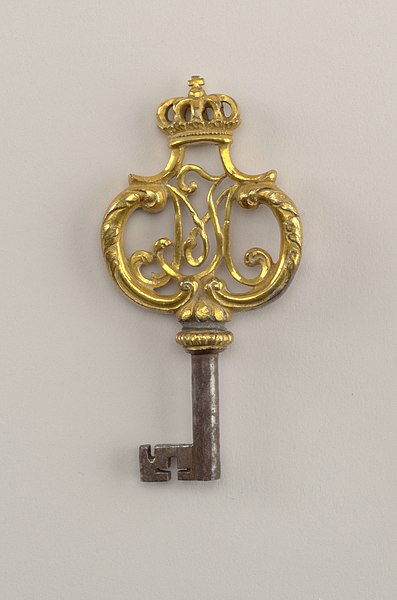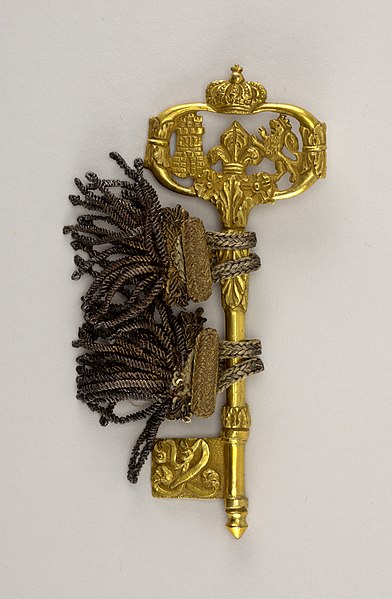
How to choose effective keywords
A student may ask us:
Why must I choose keywords for my academic research project or thesis?
We might reply:
Selecting keywords is important because sometimes when we are writing our research, we forget that in the future, someone may want to read it, apart from our faculty advisor. Keywords help other researchers find our work.
Keywords and subject categories are essential parts of information about theses and dissertations. They should refer to the most important parts of any research, so generally should not be used about minor or secondary topics in any paper or thesis.
If the student asks us:
How many keywords should I choose?
We might say:
Generally, the rule is that around six keywords for theses or dissertations are considered appropriate, but some theses have as few as three keywords and others have as many as eight.
If the student wonders:
How do I decide which words should be keywords?
We can explain:
Since keywords are important words or ideas in the research or thesis, just choose a few important nouns from the paper.
The student may inquire:
Can I choose groups of words as keywords?
Our reply might be:
Single keywords are always more productive than groups of words, because to be found, other readers would have to enter the same words in the same order that we wrote a phrase. Single keywords are simpler to write and also to find.
Another matter than may interest the student might be:
Should I write keywords in capital letters?
Our response:
Yes, the first letter of keywords should be capitalized. For keywords that are phrases, just capitalize the first letter of the first word, for example: University campus. Avoid connective words such as and or of or between.
The student may interrupt:
But what if one of my keywords is the name of a place or thing, such as Chiang Mai Province?
We can say:
In that case, we can capitalize the first letter of each word, for example: Chiang Mai Province.
The student may next worry about the following:
Are abbreviations or acronyms acceptable as keywords?
We may reassure them:
It is better to spell out all abbreviations or acronyms, for example, except for very familiar and well-known acronyms, such as ASEAN for the Association of Southeast Asian Nations.
If students are not sure if any abbreviation or acronym is well-known, then it is probably better to write out the full terms, to make sure that readers will know the exact subject of the research and also will find the material they are looking for when they do a keyword search.
The student might wish to know:
Is there any way that keywords should be organized?
We might say:
Keywords are often listed in alphabetical order, with individual terms separated by commas.
The student may insist:
I prefer to use semicolons between keywords. Is that okay?
Our answer:
It would not be wrong to use semicolons, but commas are seen most frequently, and in formatting an academic research paper or thesis, it is usually a good idea to stick to traditional style guidelines whenever possible.
Ask your ajarn if there are faculty guidelines about keywords, to be sure what the suggested rules might be.

(All images courtesy of Wikimedia Commons)
